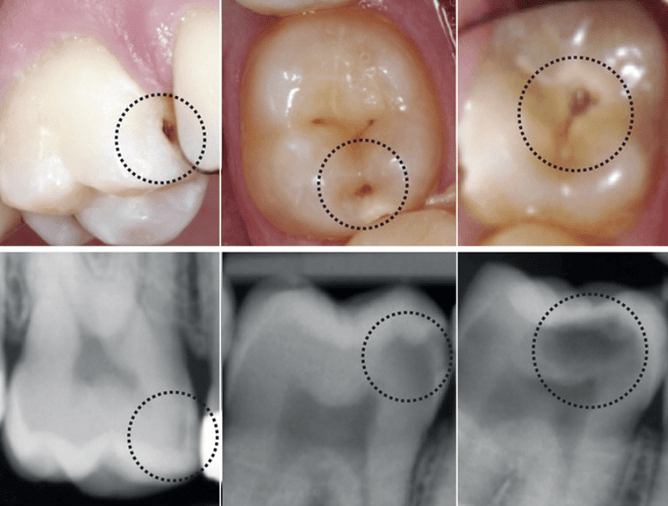Understanding and Preventing Dental Decay
Dental decay, or dental caries, is one of the most prevalent chronic diseases worldwide. It results from acid-producing (cariogenic) bacteria, such as Streptococcus mutans, metabolising carbohydrates and producing acid. While this process may seem simple, dental caries is actually a complex disease influenced by multiple factors that affect an individual’s susceptibility.
Let’s explore the key reasons why someone might be more prone to dental caries—and more importantly, how we can prevent it. After all, dental caries is preventable.
1. High Levels of Cariogenic Bacteria
Some individuals may harbour high numbers of cariogenic bacteria like Streptococcus mutans. One proactive solution is the use of Blis Probiotics, such as the ToothGuard with BLIS M18(available at blisprobiotics.co.nz). These probiotics help promote a healthier balance of oral microflora.
2. Saliva Quality and Quantity
Saliva plays a critical protective role against dental caries. If a patient has low-quality or low-quantity saliva, they become more susceptible to decay. We can assess saliva levels in the clinic. Meanwhile, patients should ensure they stay well-hydrated. For those with saliva deficiencies, additional protective products like high-fluoride toothpaste (e.g., Colgate Neutrafluor) and Tooth Mousse are beneficial.
Frequent snacking can exacerbate the issue by not giving saliva the chance to buffer the mouth's pH, keeping it in an acidic and harmful state.
3. Fluoride Deficiency
Fluoride is a naturally occurring mineral that significantly strengthens tooth enamel. Despite some controversy, its use in regulated amounts—such as in toothpaste and drinking water—is both safe and effective.
Scientifically, when fluoride is available to the tooth structure, it forms fluorapatite, which is much stronger than natural hydroxyapatite. Hydroxyapatite dissolves at a pH of 5.5, while fluorapatite holds strong until pH 4.5. Without fluoride, you're approximately 25% more likely to develop cavities.
Be cautious—many "natural" toothpastes sold in supermarkets contain no fluoride. For effective protection, look for toothpastes containing at least 1000 ppm fluoride (including for children), with 1450 ppm being ideal.
4. Poor Oral Hygiene
Plaque is a complex biofilm filled with bacteria that cause decay. If plaque isn't removed regularly, it will lead to cavities. Therefore, meticulous oral hygiene at home is essential.
Key oral hygiene tips include:
Brushing twice daily with a soft-bristled manual toothbrush (used correctly for two minutes)
Using fluoridated toothpaste (minimum 1000 ppm)
Considering high-quality electric toothbrushes like the Oral-B 2000 or Philips Sonicare 5100
Daily interdental cleaning (floss or interdental brushes)
Using plaque disclosing tablets to assess brushing effectiveness
Xylitol chewing gums (xylitol will inhibit strep mutans ability to make acid)
5. Diet
Diet is a major contributor to decay. Cariogenic bacteria thrive on carbohydrates, and the byproduct is acid that damages enamel. If you're frequently snacking—especially on sugary or starchy foods—you feed these harmful bacteria and reduce the effectiveness of saliva.
Take note of how often and what you’re eating. Reducing snacking frequency and making healthier food choices can significantly lower your risk. Be wary of drinks too. Water and milk are fine. Fizzy drinks contain both sugar and acid which are detrimental to your teeth. People also get caught out my sparkling water, lemon in water or herbal teas which can be acidic.
6. Regular Dental Visits
Regular check-ups with your dentist and dental hygienist are essential. These visits help maintain optimal oral hygiene and allow for the early detection of decay—enabling preventive measures before a filling becomes necessary.
Too many people delay treatment until it's too late and the decay has progressed. Don’t be one of them.
Picture above showing dental decay seen in the mouth and then the same dental decay on the dental radiograph.
